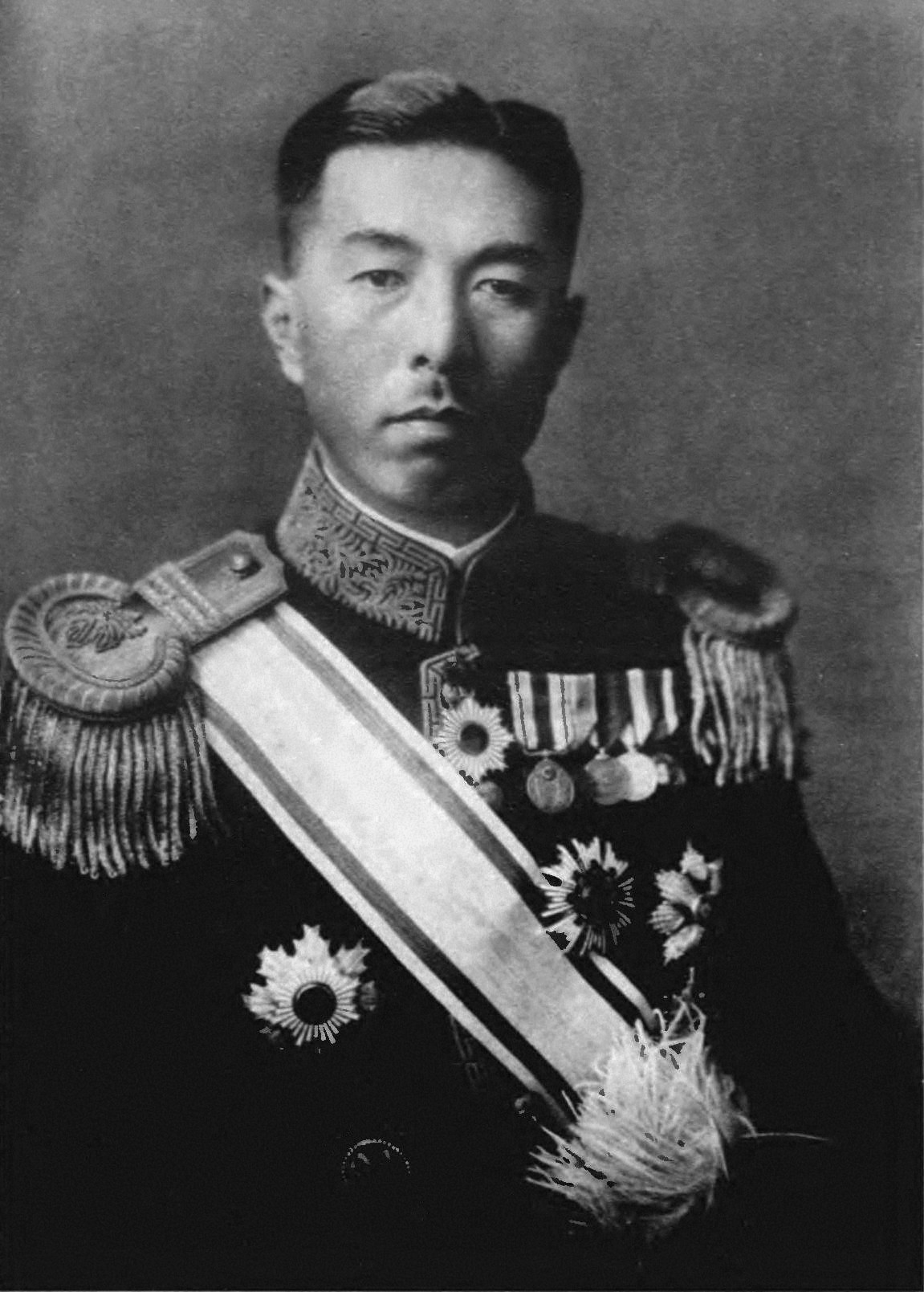The Pacific War, Part 6: Surrender
Although the Axis Powers were clearly losing ground throughout late 1944 and early 1945, Japan continued fighting for months after Germany surrendered, often exacting horrific casualties upon both Allied forces and their own civilian populations. The Allies turned to extreme measures in hopes of forcing the unconditional surrender which they sought, culminating in the first use of nuclear weapons in history.





Recent Comments